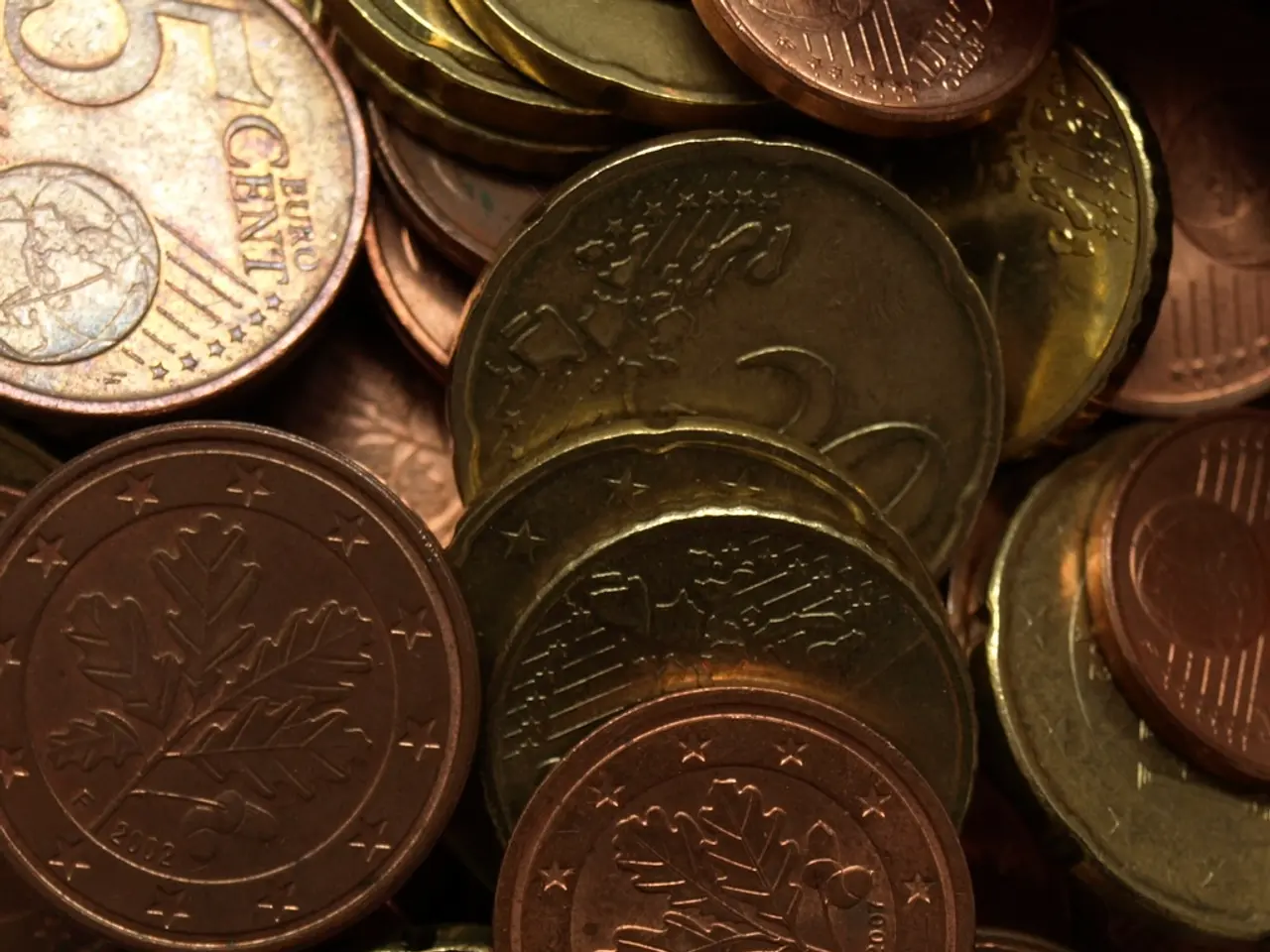In the year 2025, the Battle of Crypto Exchanges: Centralized Platforms versus Decentralized Networks-Determining the Victor
In the dynamic world of cryptocurrency trading, centralized exchanges (CEXs) and decentralized exchanges (DEXs) are both evolving to meet the needs of a growing user base and changing regulatory landscape.
### Centralized Exchanges (CEXs)
CEXs, such as Binance, Coinbase, Kraken, and Bybit, continue to dominate the market in terms of volume and user adoption. They offer several advantages, including:
- **Liquidity and Trading Volume:** CEXs provide higher liquidity, making it easier to execute large trades without significant price movements or slippage. - **Regulatory Compliance:** CEXs adhere to Know Your Customer (KYC) and Anti-Money Laundering (AML) regulations, offering a more secure environment that is compliant with legal standards. - **Fiat Integration:** CEXs often support direct fiat on-ramps, allowing users to deposit traditional currencies like dollars or euros.
However, CEXs are not without their challenges. Security risks remain a concern due to their centralized nature, and users do not have direct control over their funds.
### Decentralized Exchanges (DEXs)
DEXs, such as Uniswap, dYdX, PancakeSwap, and newer entrants, are attracting users with features like true ownership of assets, permissionless access, and integration with DeFi services. They offer several advantages, including:
- **User Control and Privacy:** DEXs allow users to maintain full control over their assets, as they trade directly from their wallets without needing to upload personal information. - **Innovation and Accessibility:** Anyone can create a liquidity pool for any token, providing access to a vast array of cryptocurrencies, including new and high-risk tokens. - **Growing Market Share:** DEXs have captured a significant portion of the spot trading volume, reflecting increased user preference for decentralized platforms.
Despite these advantages, DEXs face challenges, including lower liquidity compared to CEXs, regulatory scrutiny due to their lack of KYC/AML compliance, and usability issues.
### Bridging the Gap
As user expectations and regulatory environments evolve, both CEXs and DEXs are adapting in various ways. CEXs are implementing robust security protocols, offering diverse financial products, and enhancing their KYC and AML processes. DEXs are improving usability, conducting thorough audits of smart contracts, and developing strategies to comply with regulations while maintaining user privacy and control.
The competition between centralized and decentralized exchanges is less a war and more a mutual evolution. Cross-chain interoperability and decentralized identity (DID) solutions are making it easier to bridge the best of both centralized and decentralized worlds.
In 2025, the crypto ecosystem is becoming more inclusive, adaptable, and resilient, with users increasingly valuing self-custody, a point in favor of DEXs in terms of trust and security. The "winner" isn't a specific exchange type, but the user, as both CEXs and DEXs continue to innovate and improve to meet changing needs.
Finance professionals recognize the potential of investing in cryptocurrencies through both centralized exchanges (CEXs) and decentralized exchanges (DEXs), as advancements in technology continue to shape the crypto market. While CEXs like Binance, Coinbase, Kraken, and Bybit offer advantages such as larger trading volumes and regulatory compliance, DEXs such as Uniswap, dYdX, and PancakeSwap, provide features like asset ownership and integration with DeFi services, appealing to users seeking greater control and privacy.




